Solar Off-Grid System
A solar off-grid system is a self-contained power generation system that harnesses energy from the sun to provide electricity in locations without access to the traditional power grid. This system typically consists of solar panels, a charge controller, a battery bank, and an inverter.
Solar panels capture sunlight and convert it into direct current (DC) electricity. The charge controller regulates the charging of the battery bank, preventing overcharging or deep discharging, which can damage the batteries. The battery bank stores excess energy generated during sunny periods for use during times when the sun is not shining, such as at night or on cloudy days.
An inverter is used to convert the stored DC electricity from the battery bank into alternating current (AC), which is the standard form of electricity used in homes and most appliances. This allows the system to power a variety of household devices and appliances.
Solar off-grid systems are commonly used in remote areas where connecting to the main power grid is impractical or too costly. They provide a reliable and sustainable source of electricity, reducing dependence on traditional fossil fuels and minimizing the environmental impact. Additionally, these systems are versatile and can be customized based on the energy needs of the user.
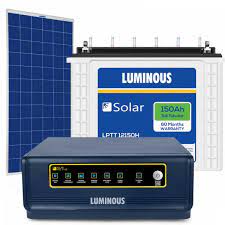

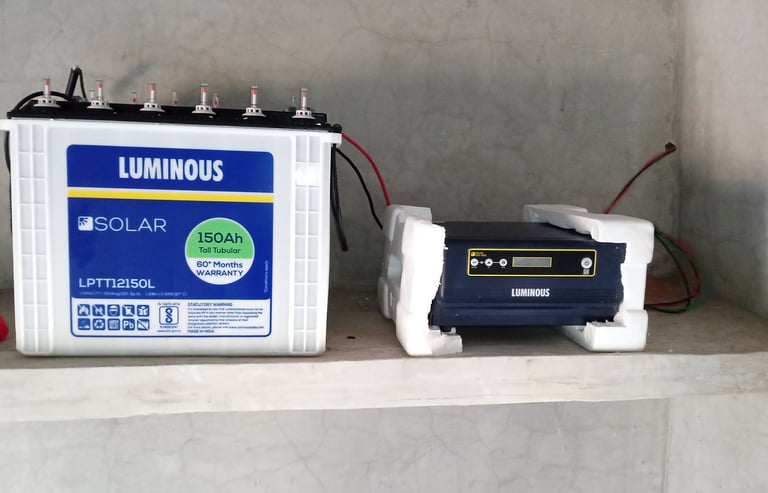

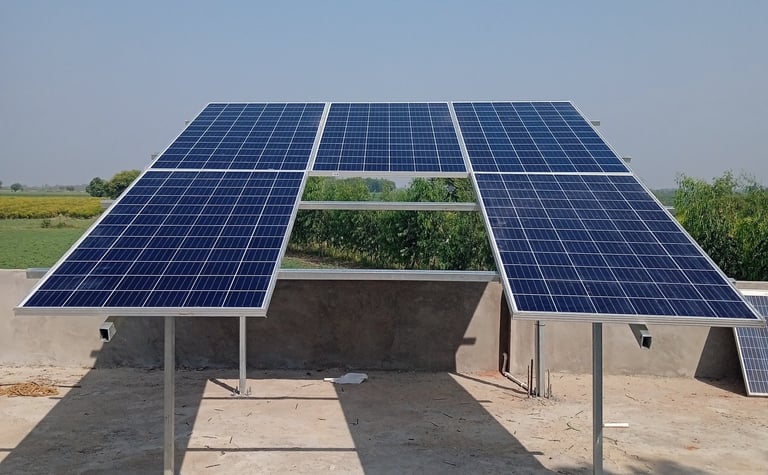

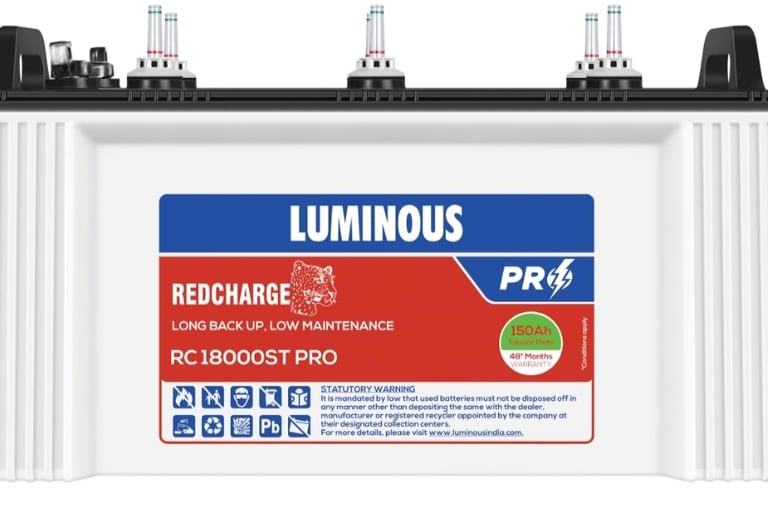

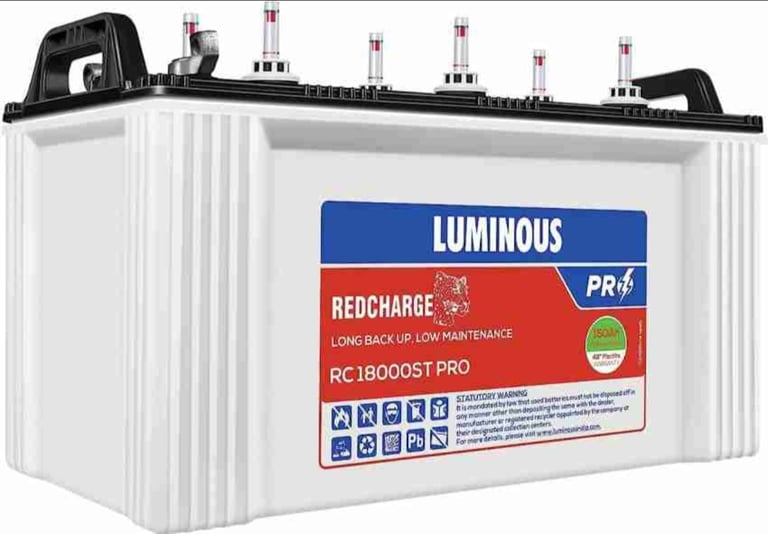

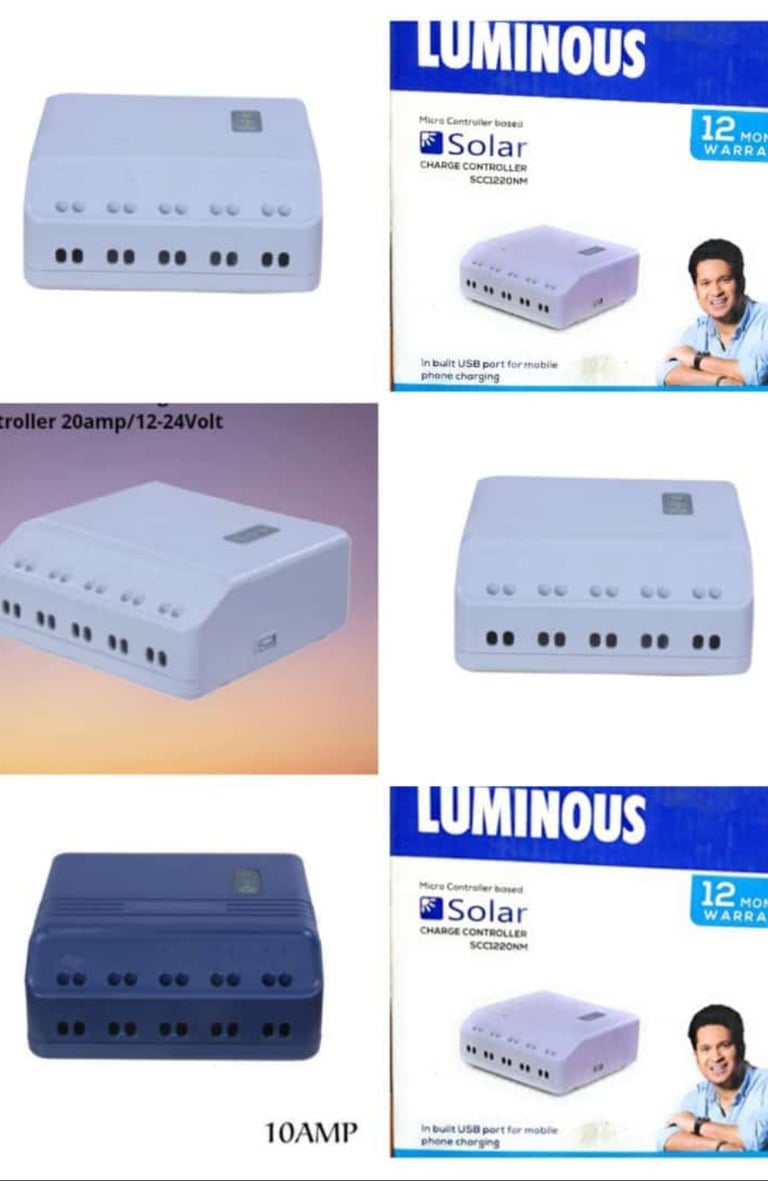

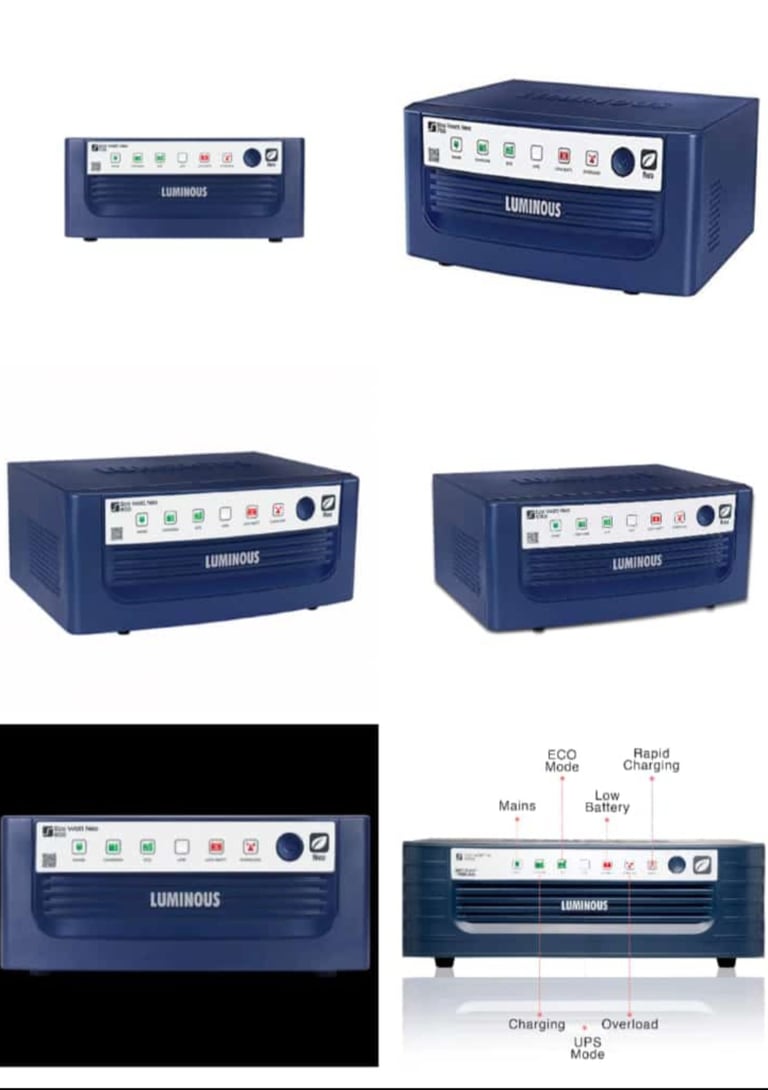

Subscribe newsletter
+917801836958 / +917802836958
OFFICE - 602, SHYAM BUSINESS HUB
NAROL - NARODA RD, ISANPUR AHMEDABAD - 382405
SHOP-12/GF/BLOCK-A
SHYAM VIHAR
NR SHYAM VILLA
SHAHWADI GAM, NAROL
AHMEDABAD-382405
Shop No. 1, Namapur,
Manghar,
Kabseti marg,
Bada Gav,
Varanasi, Uttar Pradesh Pin Code-221204
+917801836958 / +917802836958
